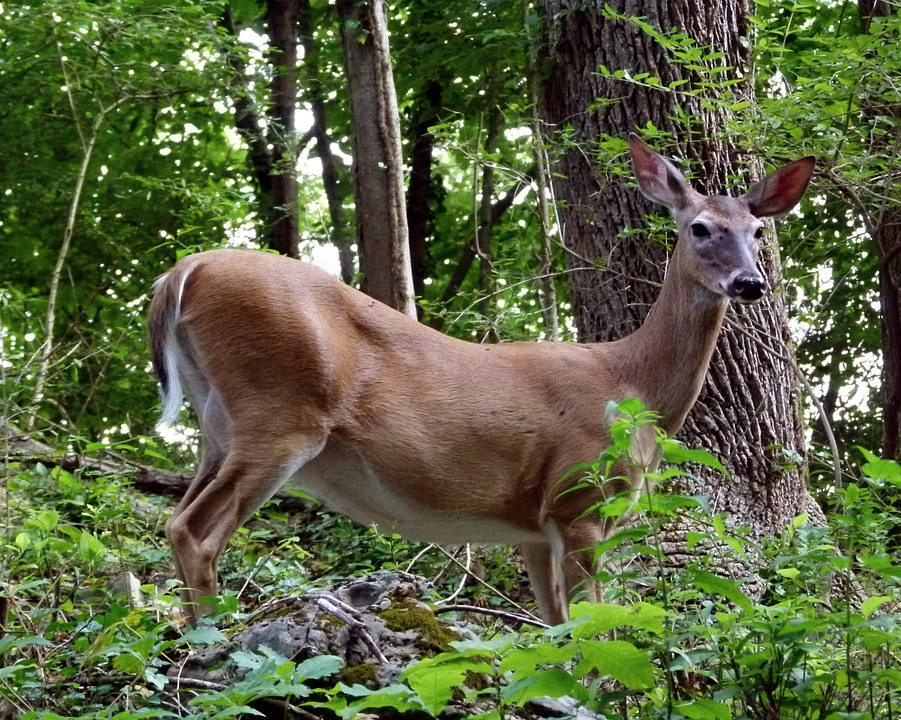The Regional District of East Kootenay’s board of directors discussed the province-led investigation into chronic wasting disease (CWD).
The illness was initially discovered in two deer samples found south of Cranbrook in late January.
Wildlife health biologist Cait Nelson said the provincial government has been monitoring for chronic wasting disease.
“We’ve been doing surveillance in B.C. for a number of years, anticipating that it was going to arrive here at some point,” said Nelson. “Unfortunately, we received confirmation on (Jan 31) from our Canadian Food Inspection Agency lab that we had two samples that were collected from deer in the Kootenay region that had come back positive.”
Nelson said the illness is an infectious and fatal disease that affects the cervid family, such as deer, elk, moose and caribou.
While there is no direct evidence that it can be transmitted to humans, Health Canada and the World Health Organization recommend against eating meat or other parts of an infected animal.
“This is very serous and we need to pay attention to this. It’s really important for hunters and highway crews who pick up road-killed animals to get them tested,” said RDEK Board Chair Rob Gay. “It takes a long time, the incubation period, so we could have animals out there right now with this.”
Gay wants the public to be educated on the situation.
“We need to get a better understanding of it, but the main thing is to report it,” said Gay. “As residents, we might see these animals. This disease impacts their brain and they’ll start wandering around and they may run into a fence or a tree. If you see it, report it to conservation officers because they’ll be able to dispose of the carcass properly.”
The provincial government has enacted mandatory testing and restrictions on the transport and disposal of any road-killed cervids, such as deer, moose, elk and caribou.
Gay said the presence of the illness is concerning, but nothing to panic about.
“We don’t need to be alarmed by this. It’s something that’s here now and something we can’t really manage,” said Gay. “It’s not going to go away. We have to live with it and be as proactive as we can in terms of reporting, but it still scares me.”
However, Area B Director Stan Doehle had a slightly different view.
“It’s here now and I don’t know how we’re going to stop it. As a hunter myself, I have major concerns because when you go harvest an animal, you won’t know if it’s infected or not,” said Doehle. “We’ll never get rid of it and we’ll have to live with it for generations to come. It’s a day I was hoping we’d never have to sit here and talk about.”
Doehle hopes the B.C. government will collaborate with other jurisdictions.
“I’m hoping the biologists in Montana will have some good input on what we can do in this area to help slow it down,” said Doehle.
Doehle said chronic wasting disease is a major issue, particularly for hunters.
“If it gets spread more widely throughout the area, how can you go harvest a deer when you know it’s out there?” said Doehle. “You have to send the deer in, get it tested, keep the meat frozen and deal with all your butchering gear if it’s contaminated. It’s a day I never wanted to see, but we’re here.”




